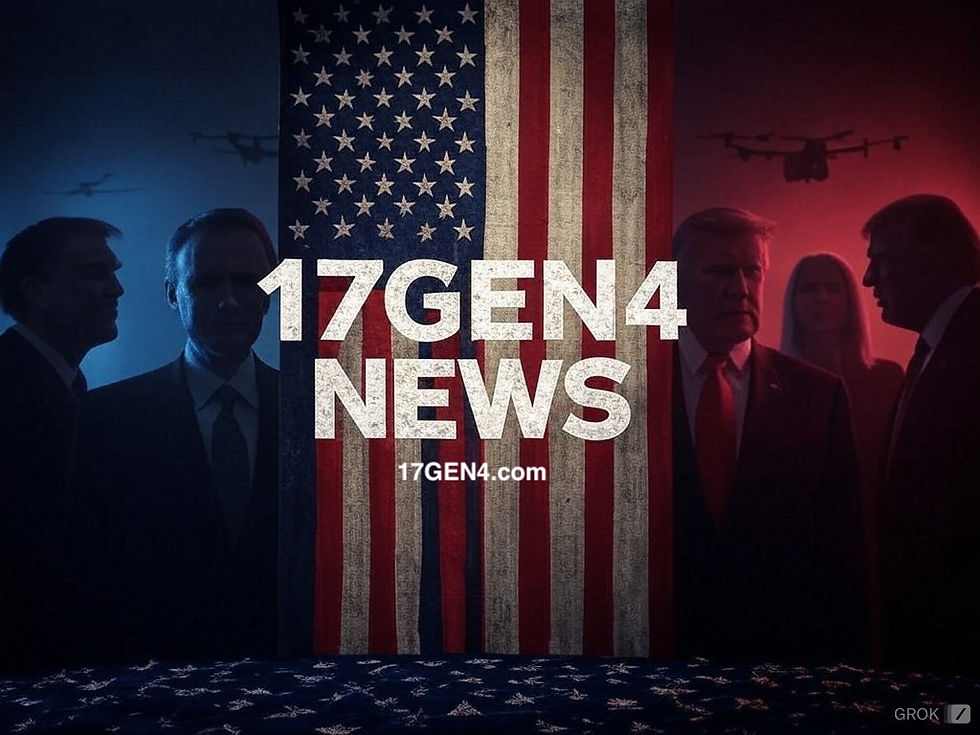White House Unveils $5 Billion Electric Vehicle Charging Program
- Gideon

- Jul 15, 2023
- 2 min read
In a significant move to bolster the electric vehicle (EV) infrastructure and support the widespread adoption of clean transportation, the White House has announced a comprehensive $5 billion electric vehicle charging program. The initiative, designed to accelerate the deployment of EV charging stations across the United States, aims to address the critical need for reliable and accessible charging infrastructure. Let's delve into the details of this ambitious program and its potential impact on the future of electric mobility.
The $5 billion investment represents a substantial commitment from the federal government to build a robust EV charging network that spans the country. The program aims to address the "range anxiety" often associated with EV ownership, assuring drivers that convenient charging options will be available for long-distance travel and daily commuting.
The initiative focuses on three key components: expanding charging access in underserved communities, deploying fast-charging infrastructure along highways, and facilitating the electrification of school and transit buses. By prioritizing these areas, the program seeks to promote equitable access to EV charging, reduce transportation emissions, and advance the clean energy transition.
One of the primary objectives of the program is to ensure that communities disproportionately affected by air pollution and lack of charging infrastructure have access to clean transportation options. By targeting underserved areas, the program aims to address environmental justice concerns and provide economic opportunities in those communities.
The deployment of fast-charging infrastructure along highways is a crucial aspect of the program. High-power chargers strategically placed at convenient intervals will enable long-distance travel with minimal charging time, alleviating concerns about range limitations and enhancing the viability of electric vehicles for intercity journeys.
Additionally, the program recognizes the importance of electrifying school and transit buses, which contribute significantly to air pollution in many urban areas. By supporting the transition to electric buses, the program aims to improve air quality, reduce greenhouse gas emissions, and provide healthier transportation options for students and communities.
The $5 billion investment is expected to leverage public-private partnerships and collaborations between federal agencies, local governments, and private industry to maximize its impact. By encouraging innovation, fostering competition, and leveraging existing resources, the program aims to accelerate the development and deployment of cutting-edge charging technologies and infrastructure.
The White House's commitment to expanding the EV charging network is a crucial step towards achieving broader climate goals and transitioning to a clean energy future. The program aligns with the administration's ambitious plans to decarbonize the transportation sector and reduce greenhouse gas emissions.
The successful implementation of the $5 billion electric vehicle charging program will not only support the growth of the electric vehicle market but also spur job creation, stimulate economic growth, and improve air quality. Furthermore, it will help establish the United States as a leader in clean transportation technology and infrastructure development.
As the nation moves towards a more sustainable transportation system, the comprehensive electric vehicle charging program demonstrates the government's recognition of the vital role of accessible and reliable charging infrastructure in the widespread adoption of electric vehicles. Through strategic investments and partnerships, the program aims to pave the way for a cleaner, greener, and more connected transportation future.

Comments